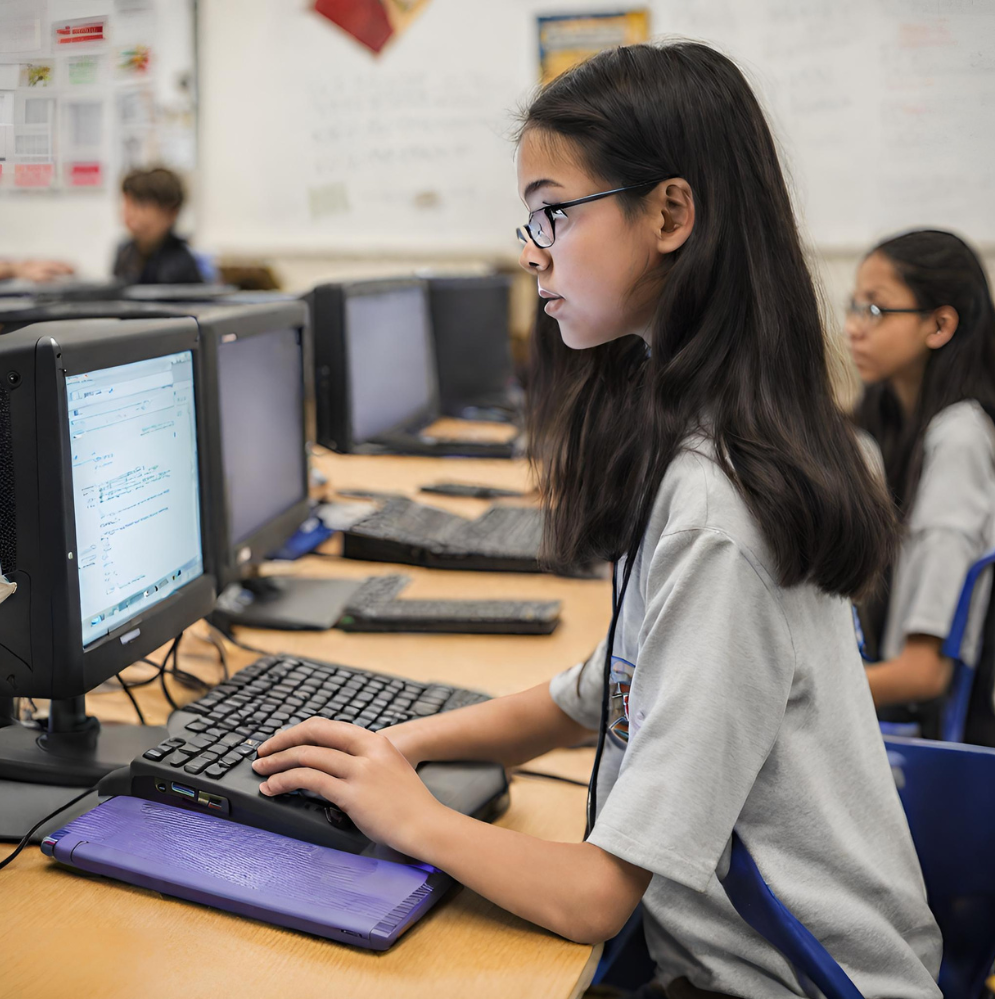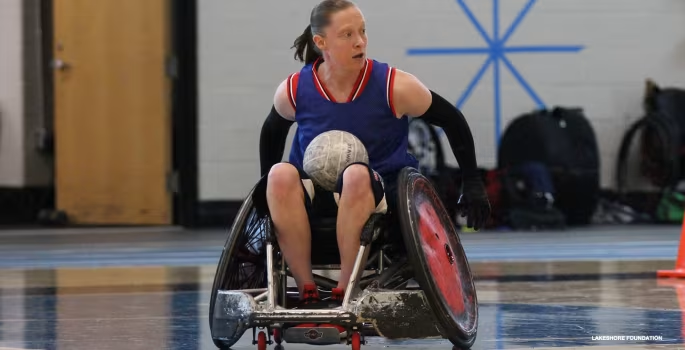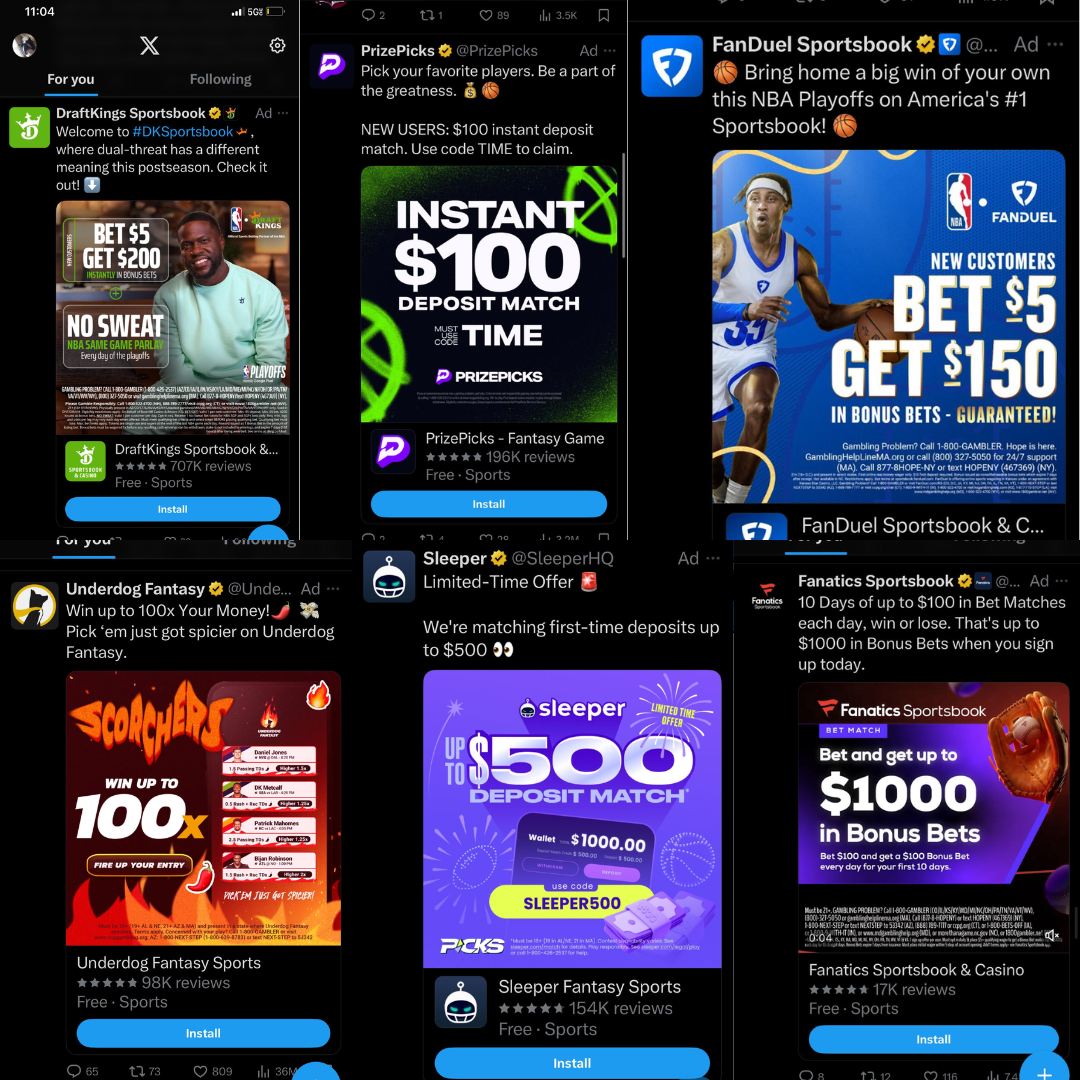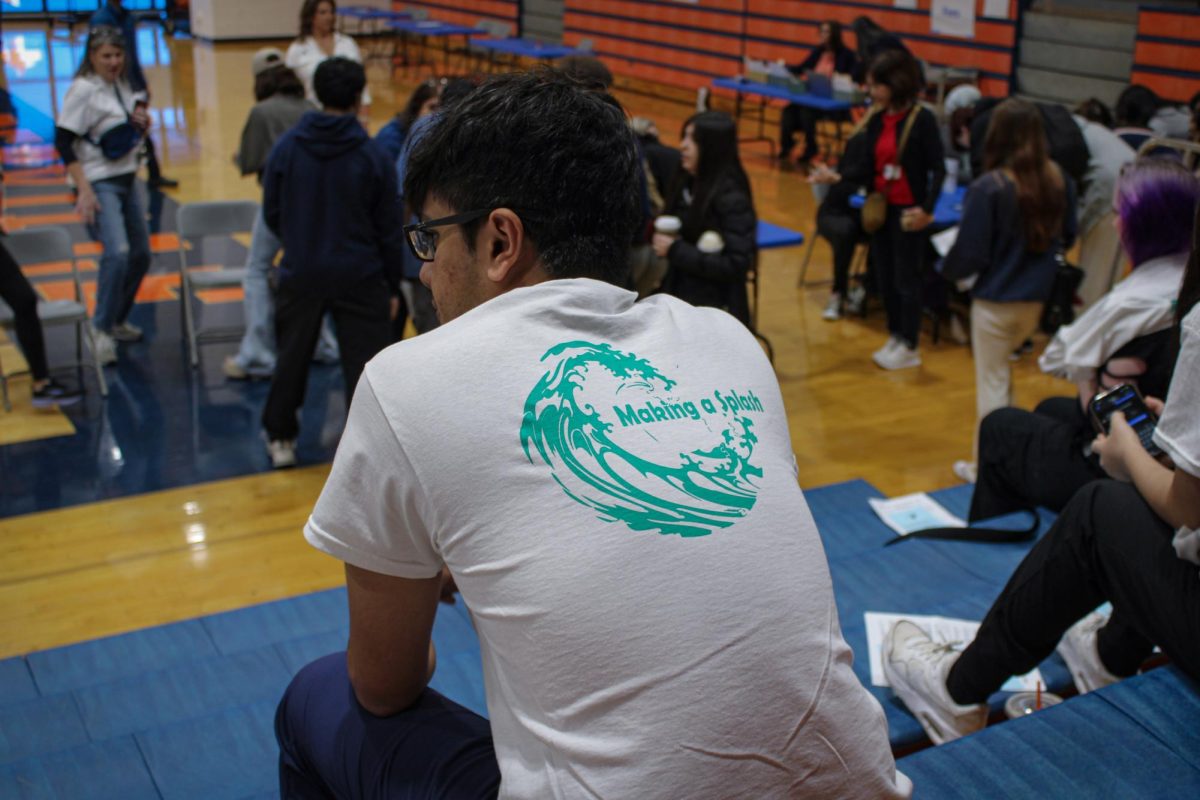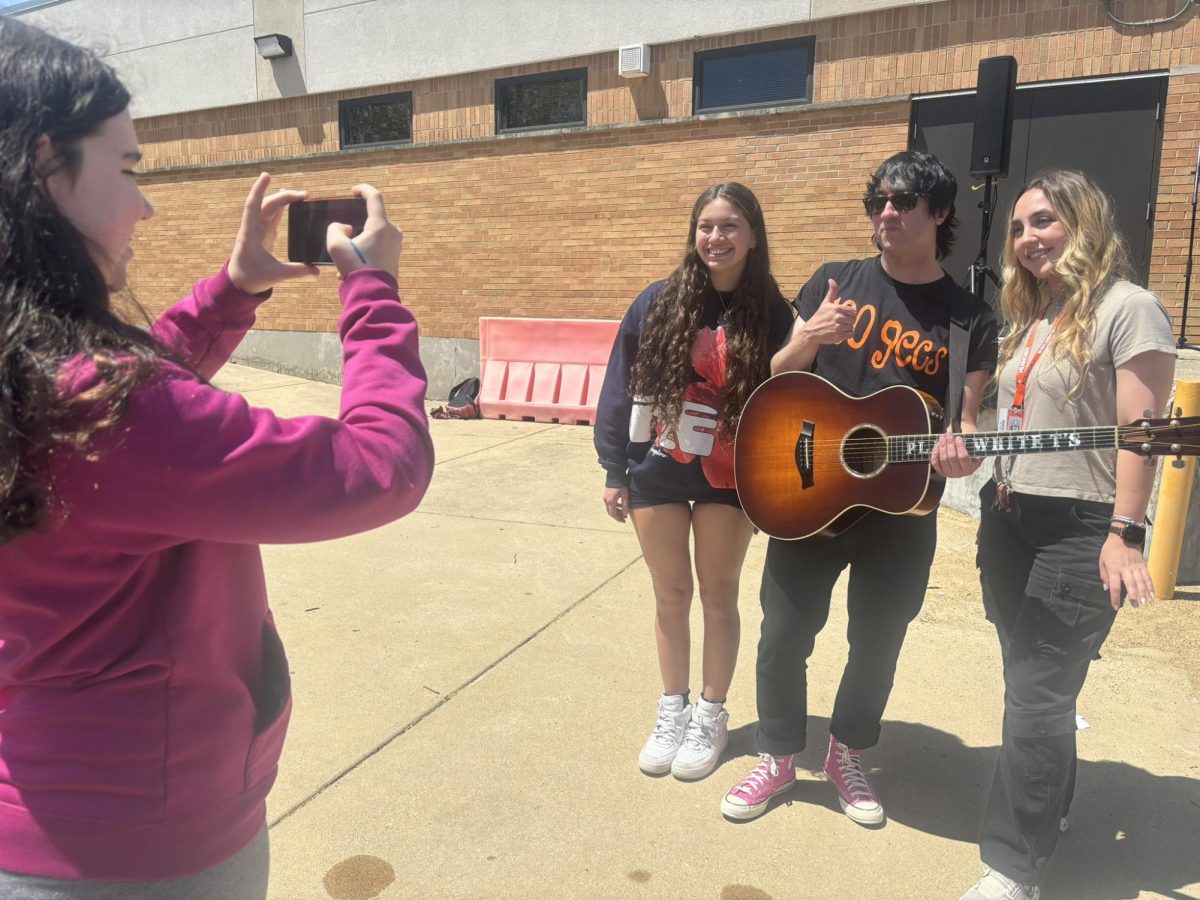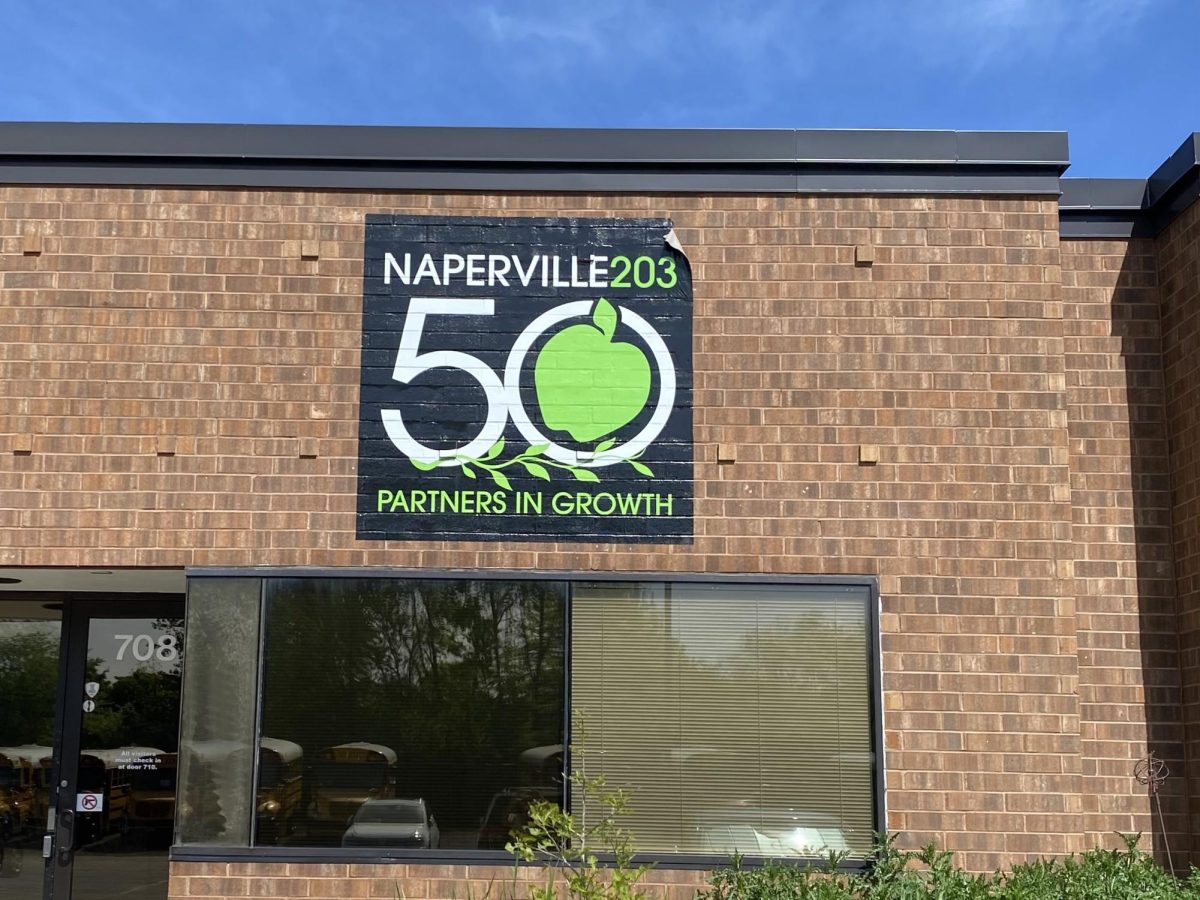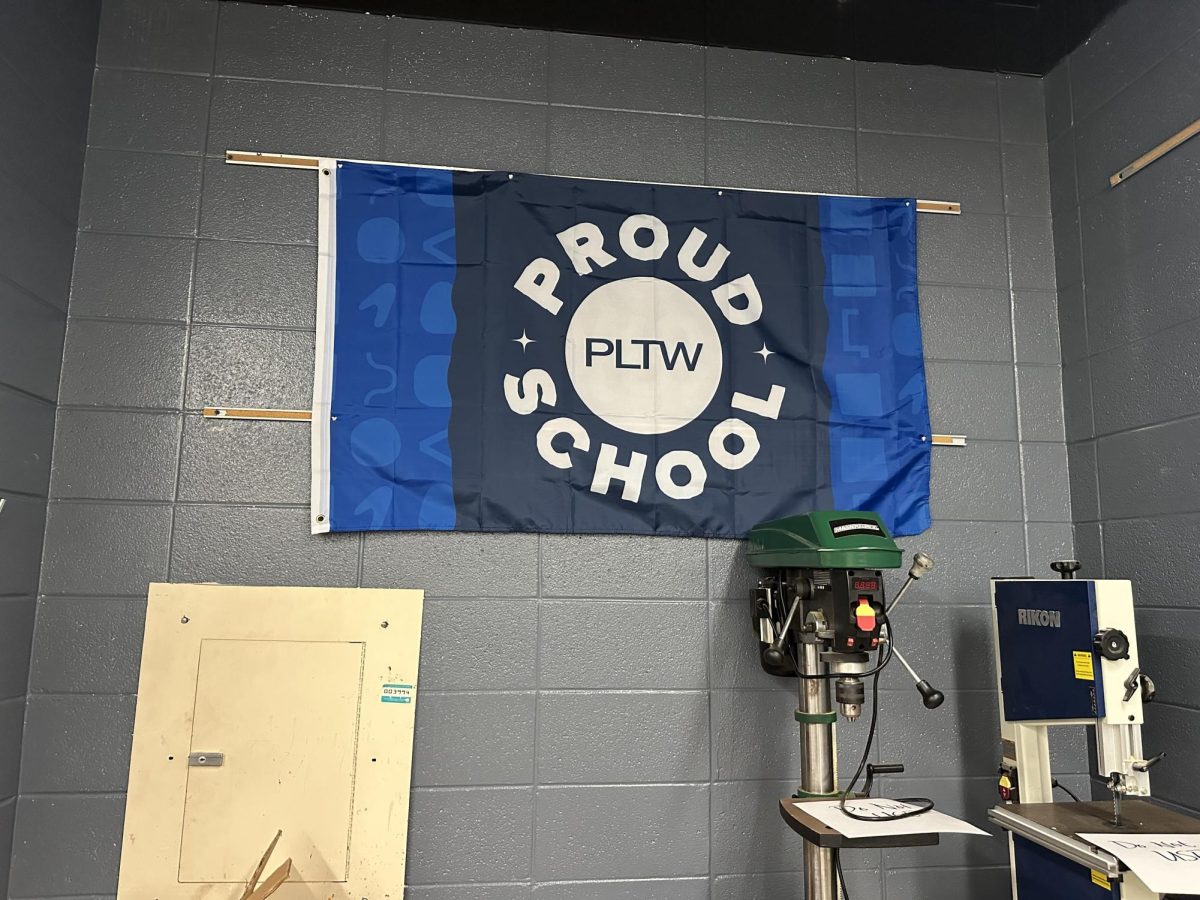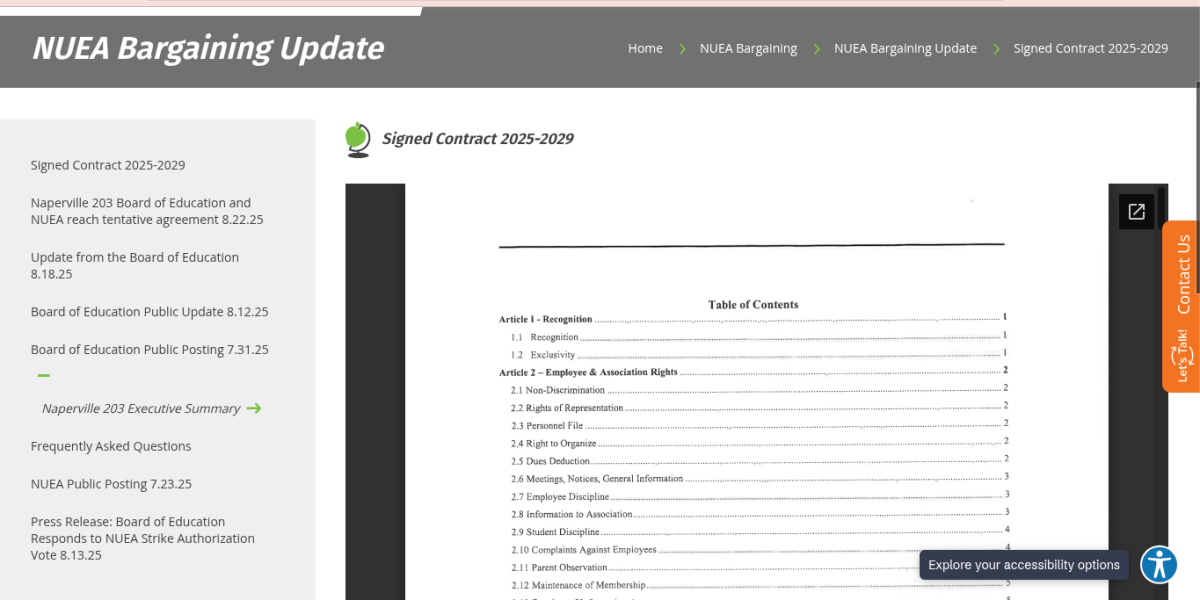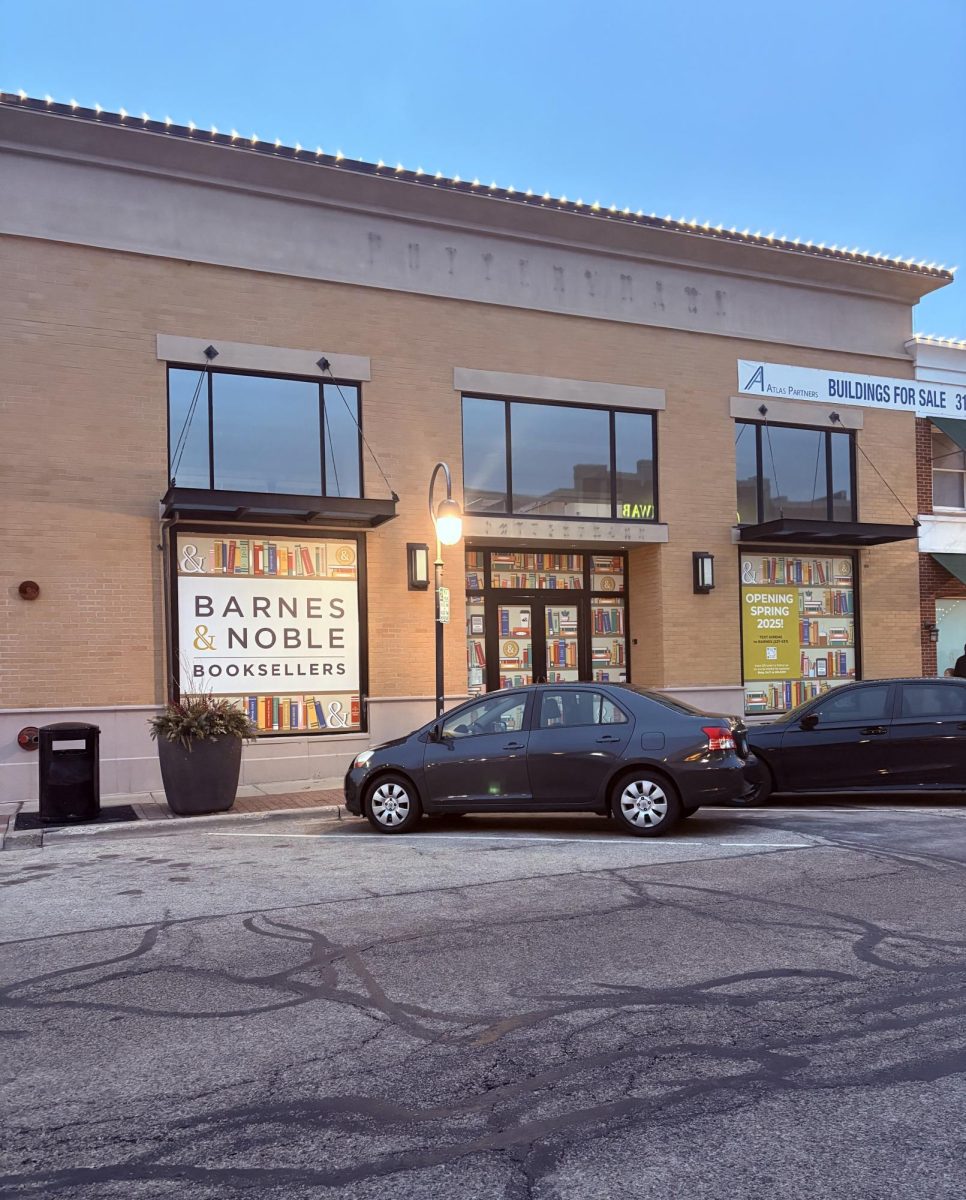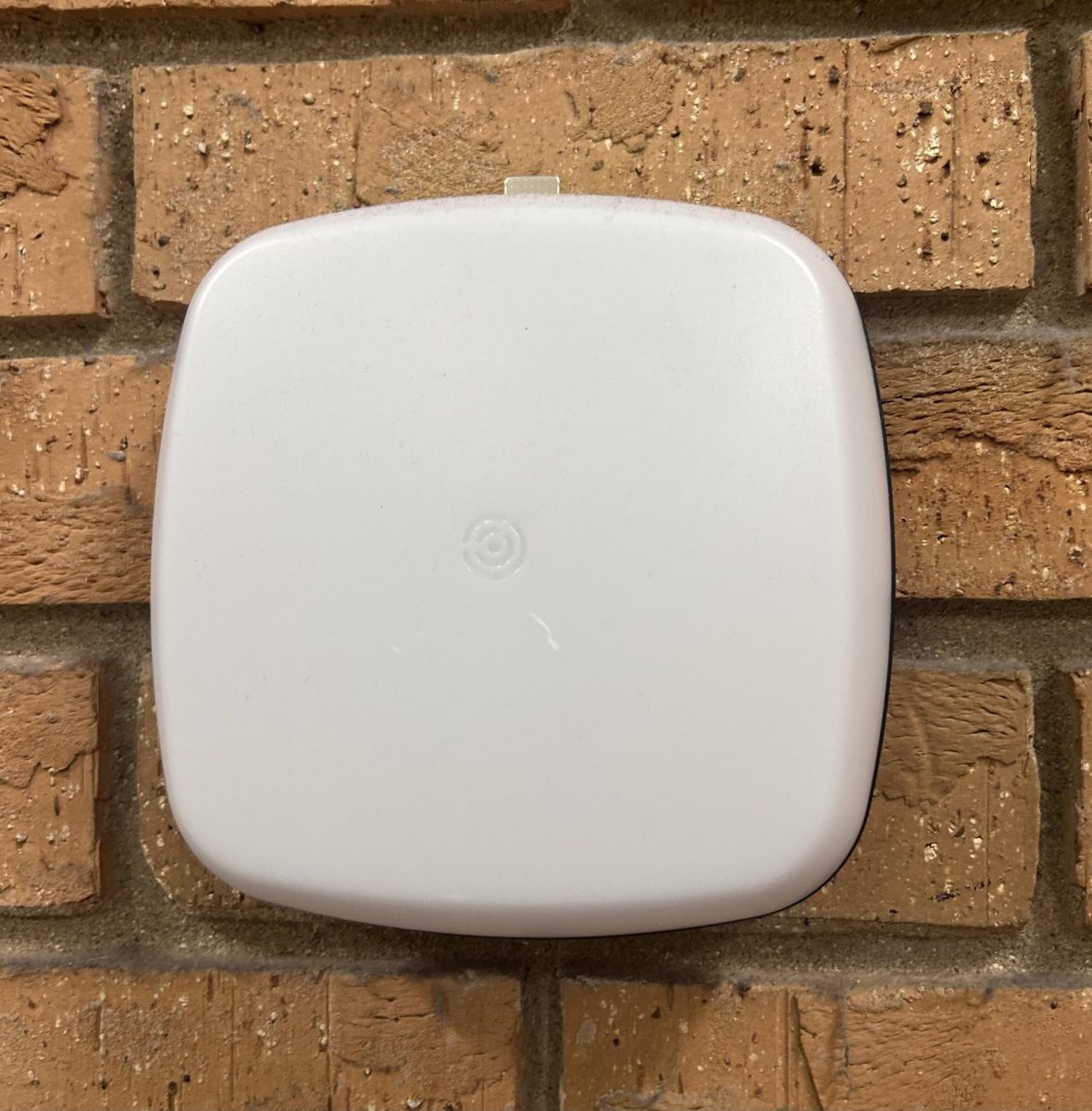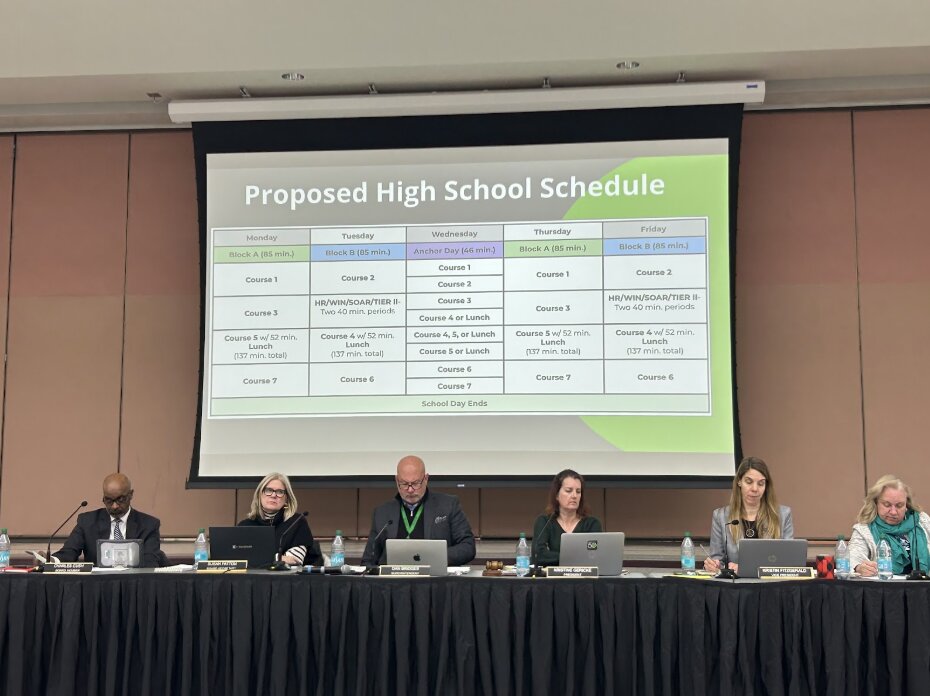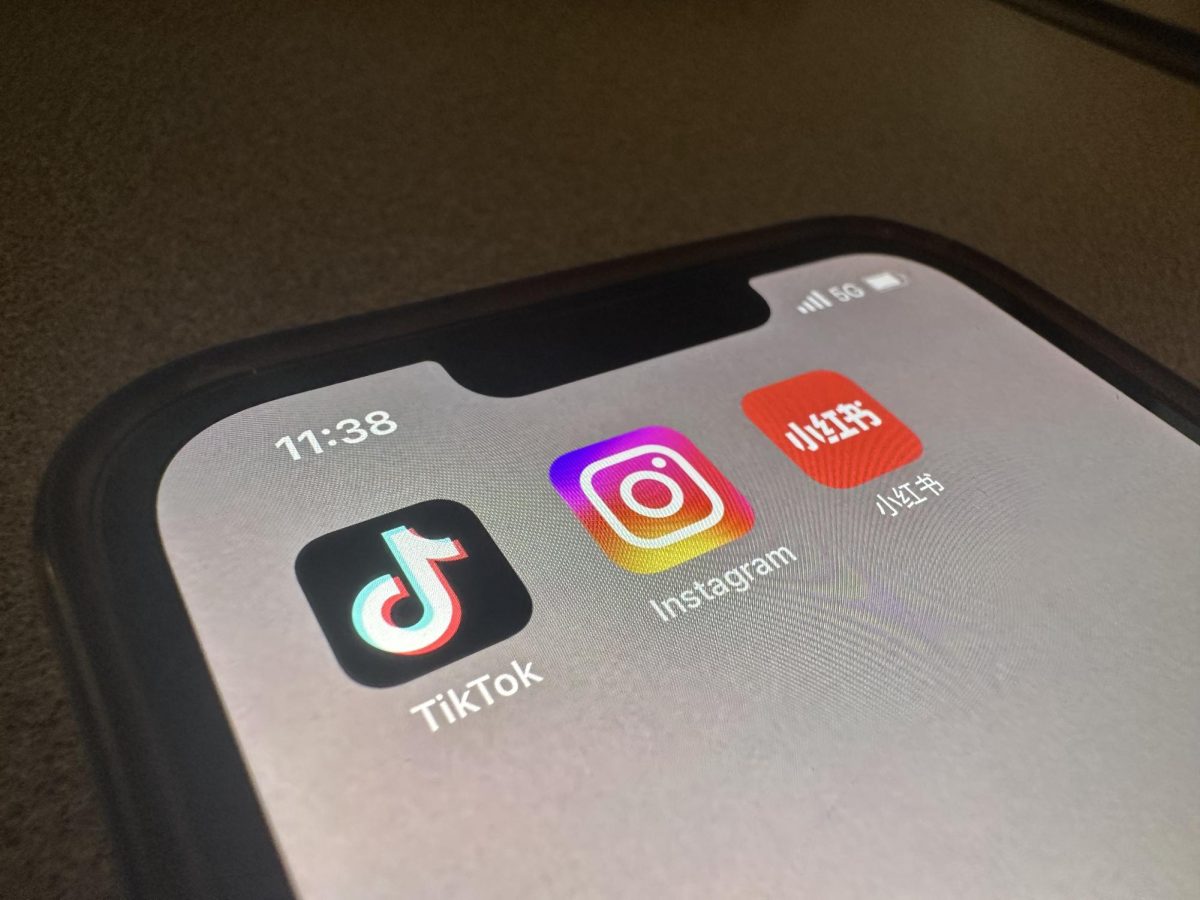On Sept. 11, the District 203 school board granted eighth-grade through twelfth-grade students access to the artificial intelligence platform ChatGPT/Open AI.
In an email sent on Aug. 27 to Naperville 203 families, Superintendent Dan Bridges officially announced the date in which safeguards around the platform would be lifted. Prior to this, Bridges mentioned rescinding the restrictions in his Back to School Message. Starting on Sep. 11, the AI application will be usable on all district-sanctioned devices and accounts for any student in eighth grade or above.
Bridges shares that the age guidelines stem directly from the ChatGPT/Open AI privacy policy, which states that users must be a minimum of 13 years old. Access to the platform will be automatically instated on the devices unless parents complete an opt out form which was attached in the Aug. 27 email. Bridges attributes the change in accessibility to teachers, stating that Naperville 203 staff members discovered ChatGPT/OpenAI to be a useful tool in their classrooms. Naperville North Principal Stephanie Posey states that the district hopes opening up AI access to students will benefit their learning.
“What you use it for outside of class may be different, but we want to make sure that you understand the benefits and limitations of it inside of class,” Posey said.
All Naperville North teachers have recently completed a required course concerning AI. Naperville North Assistant Principal of Operations Jay Wachtel shares the intent of the mandatory training.
“Teachers are required to take a short module…to learn about the ethical side, the technical side, how to log in, before they can teach students about ChatGPT in their classroom,” Wachtel said.
Communication Arts teacher Mike Pearson, a supporter of AI use in the classroom, states his ideas to incorporate artificial intelligence with his lessons.
“I’m piloting a program that plugs into ChatGPT, through what’s called the API, called My Essay Feedback,” Pearson said.
Senior Colette Reckamp was instructed to use AI’s writing capabilities in her AP Language and Composition class last school year. Reckamp explains how ChatGPT influenced those assignments.
“We did an essay where we were encouraged to use ChatGPT to both write it, in it of itself, and then assist in the editing process and see what sort of tasks and grades we could get that ChatGPT would be able to do,” Reckamp said.
Posey states that as the district becomes accustomed to working alongside and integrating AI into more classes, they will continue to pursue expanding access to the platforms, including new software versions of AI.
“I would expect sometime in the future we will probably buy a license for it, should it bear out to be something that teachers want to be able to use collaboratively in class with students. But for now, we’re just going to ease into this a little bit,” Posey said.

